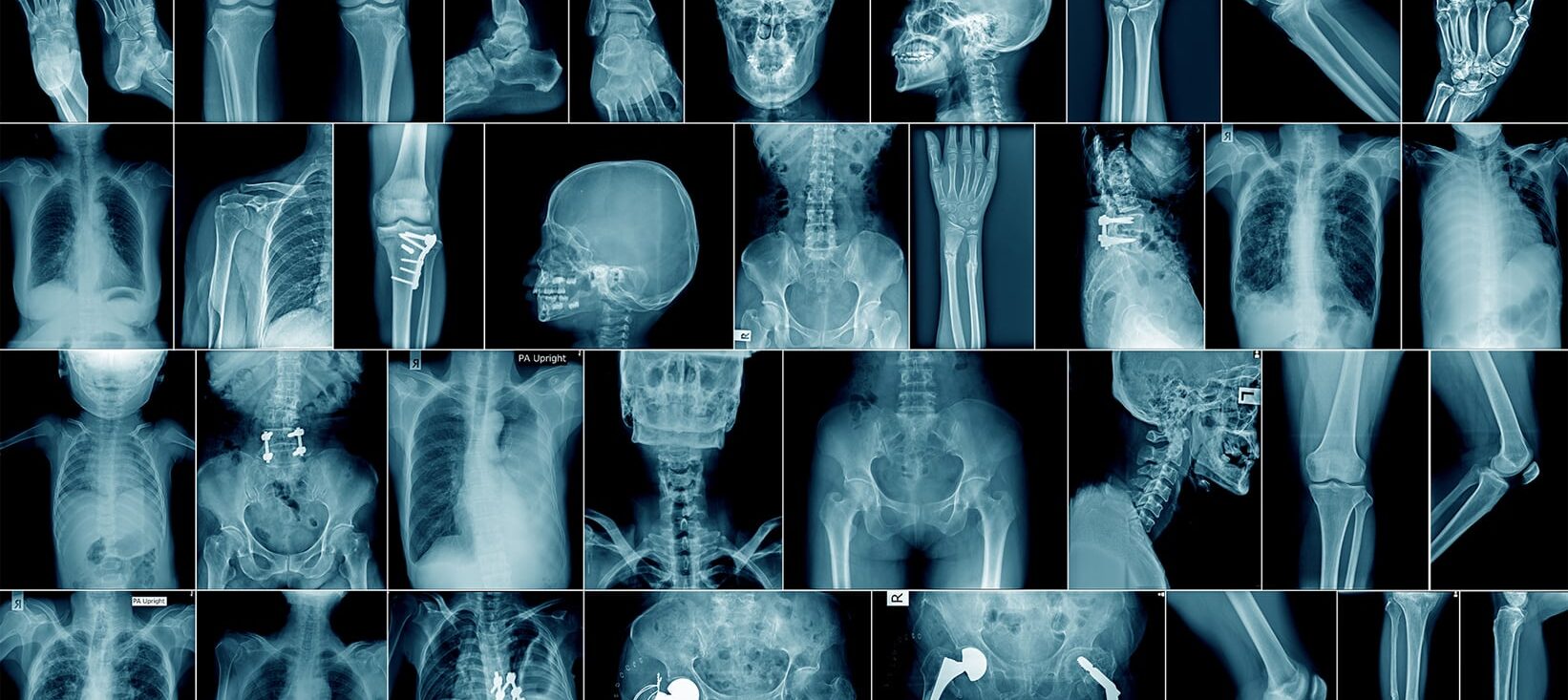Our expert Clinical Negligence lawyers help families bring successful fatal medical negligence claims. Where medical negligence has resulted in the death of one of your family members, we are here to help you find out what went wrong. We will help you make sense of the jargon, get to the truth and, where appropriate, secure compensation for your loss.
Our approach to fatal clinical negligence claims
We understand that fatal medical negligence is extremely distressing and that getting answers to your questions can be both frustrating and confusing. Our experienced clinical negligence lawyers work closely with medical experts to identify negligent care and treatment – both to support compensation claims and to highlight weaknesses and areas for improvement in medical systems. We know that no amount of money can replace your loved one, but financial awards can help to secure your family’s future and they do make a difference. Our expert clinical negligence lawyers have helped families throughout the South West and further afield to successfully pursue claims for fatal medical negligence and to secure substantial compensation for their loss.
Many of the fatal medical negligence claims that we advise on are handled on a no win no fee basis, meaning that there is no financial risk to you if your claim is unsuccessful.
Can you make a claim for fatal clinical negligence?
Fatal medical negligence comes in many forms. We have handled a wide range of cases, including:
- Delay in diagnosis of acute infections such as meningitis or sepsis
- Catastrophic drug errors
- Failing to provide emergency surgery or treatment
- Delay of diagnosis such as cancer or other illness which would have been treated with earlier treatment
- Still birth or maternal death
- Delay in referring to hospital on presentation of an acute condition such as a heart attack, brain haemorrhage or pulmonary embolism
- Preventable suicides and deaths occurring while an inpatient at a psychiatric hospital
How much will your fatal clinical negligence claim cost?
In many cases, we will be able to support you on a no win no fee basis, meaning that if your claim is not successful, you will not have to pay any legal fees.
Whatever your case, we offer a free initial consultation to help you understand the process and the likely funding basis of your claim.
How long do you have to make a medical negligence resulting in death claim?
You have up to three years from the date of death to make a claim for medical negligence resulting in death.
Who can bring the claim on behalf of the estate?
If the deceased left a will, then it is the Executor of the will who can provide us with their instructions. If there is more than one Executor, then it will need to be agreed which one will be the representative of the estate.
If the deceased had no will then we will need to obtain a Grant of Probate or Letters of Administration appointing the appropriate representative to bring the claim on behalf of the estate.
How much compensation could you receive?
In cases of fatal medical negligence, the courts will generally look at a variety of factors. They will seek to understand the pain, suffering and loss of amenity experienced by the deceased before they died, which can be quite limited in cases where the death has been sudden or preceded by a short illness. They will also look at whether the deceased left any dependents when they died, such as children or a spouse, and the extent to which their security is impacted by the loss. Of course, no amount of money will ever compensate you for the loss of a loved one, but it can help by making provision for the future needs of your family.
In addition, a statutory bereavement award for specific categories of loved ones is payable in some cases. The current level of bereavement award is £15,120 although it is widely accepted that this is not a true reflection of loss of life. The Association of Personal Injury Lawyers (APIL), is currently campaigning for a change to the bereavement award in England and Wales and, as APIL-accredited clinical negligence lawyers, we fully support this.
Fatal medical negligence – Inquests
In some cases, such as when the circumstances are unusual or unclear, an inquest may be held to establish the facts around the death of your loved one. Our specialist solicitors have extensive experience of inquests in medical negligence cases and can help guide you through proceedings and ensure your voice is heard. Inquests can also be valuable in gathering crucial evidence ahead of your compensation claim for death due to medical negligence.
See our Inquests page for more information.
Whatever your case, we offer a free initial consultation to help you understand the process and the likely funding basis of your claim.
















